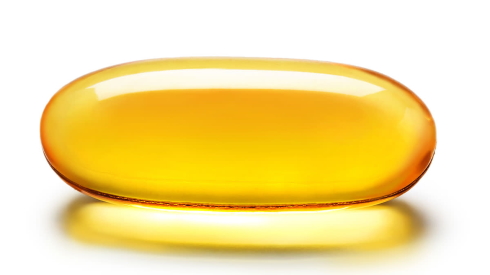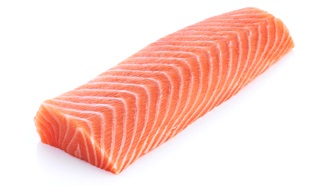|
Definition: "An ergogenic aid is any substance or phenomenon that enhances performance "
|
|
||||||||
26.08.2012 |
|
|
Fish oil makes life more difficult for cancer secondaries
A diet rich in fish oil or other sources of omega-3 fatty acids may reduce the likelihood of cancer cells spreading in the body under conditions of physical stress. Researchers at Tel-Aviv University drew this cautious conclusion from an animal study they published in Clinical Nutrition.
NK cells & fish oil
In healthy people the n-3 fatty acids in fish, such as DHA and EPA, have no effect on the immune system. But if you give these fatty acids to lab animals or humans who have undergone an operation, they prevent the number of immune cells from decreasing.
Study
The researchers injected B 16F 10.9 melanoma tumour cells into the paws of the lab animals. When the tumour was big enough the researchers removed it surgically. The figure below shows that the mice that had been given fish fatty acids had a higher survival rate after the operation than the animals in the other two groups.
Results
The figures below may shed some light on how this happened: the cancer cells were attacked by natural killer cells. There were more of these present in the blood of the animals that had been given fish oil, and this was certainly the case after surgery.
Conclusion
"Further experiments in rodents and ultimately well-designed clinical trials are necessary to determine whether fish oil feeding indeed normalizes Natural Killer cell function in cancer surgery, and more importantly, whether such an effect results in a lower tumor burden and mortality rate in the long term", they conclude.
Source:
More: Archives:
|
|
|||||||||||||||||








